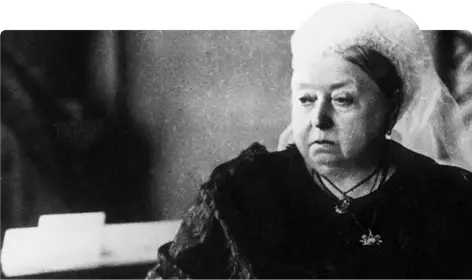In July 1967 The Beatles released ‘All You Need is Love’ – and I loved it. I was 16 years old and into my second year as an Apprentice Jockey indentured to Bruce Hobbs in Newmarket.
It was going to be another ten years before I came to know
the source of real love and the answer to the question that set me off a long
journey from Royton (Lancashire) to Newmarket. But that’s another story for
another time.
But the question I want to ask is, where the Beatles right, that love is all we need? There was certainly a lot of talk around'love' in the 60’s and ‘the summer of love.’
However, Jonathan Sacks thinks otherwise as he argues in his book ‘Not In God’s Name.’
Taking the foundational stories of Isaac and Ishmael (and
Sarah and Hagar), Jacob and Esau, Leah and Rachel, Jospeh (of the many coloured
coat fame!) and his brothers.
He lays out the ‘top-level narrative’ that is basically sibling
rivalry where the younger seeks to usurp the older. (I am obviously précising Sack’s more detailed
analysis and insights)
Underneath this top-level story is another counterintuitive story. This counterintuitive story leaves us with an
empathy for those who are apparently wronged. We feel for Hagar and Ishmael at
the hands of Sarah and the seeming compliance of Abraham. And what a scum bag is Jacob, (and his mum)
plotting and deceiving blind Jacob in giving Esau’s blessing to him instead of
his brother. It is the same with Leah
and Rachel, and for Joseph and his brothers. Although you have to dig deeper
into the narrative to appreciate all the nuances in the colourful coat saga.
So, if love is not all you need then what is needed?
There are occasions when I go to the supermarket with Jane,
my wife. And then, as often happens, particularly if we had a coffee before, I
need to ‘pay a visit.’ Then in the crowded supermarket it becomes a game of ‘hunt
the wife’. (I sometime use the phone,
but I like the challenge of ‘hunt the wife.') What I
have pondered over (and perhaps this is just me!) is that there are all these
people, anyone one of them might be a suitable wife or partner. But I am looking for a very particular person.
The one I have made a vow to love, the one I have entered a covenantal
relationship with. I love Jane more than any other woman. My love for her is
exclusive. And in my loving Jane I have ‘forsaken
all others’ as it says in the marriage service.
Sacks argues, love is
exclusive!
An extract from the Leah, Rachel and Jacob story, Genesis 29.
30-32
30 Jacob made love to Rachel also, and
his love for Rachel was greater than his love for Leah. And he worked for Laban
another seven years. 31 When the Lord saw that
Leah was not loved, he enabled her to conceive, but Rachel remained
childless. 32 Leah became pregnant and gave birth
to a son. She named him Reuben, for she said, ‘It is because the Lord has
seen my misery. Surely my husband will love me now.’
Jacob loved Rachel more than Leah.
Sacks argues that it is justice that we all need as well as
love. Justice is universal to everyone, and I can seek that justice is done for
everyone, whereas I cannot love everyone in any meaningful sense of that word, except perhaps in a platonic sense.
The Rachel and Leah story shows this very clearly. Having declared
his love for Rachel over Leah God brings justice for Leah. ‘When the Lord saw
that Leah was not loved, he enabled her to conceive, but Rachel remained
childless. ‘
Hagar is cast out, but God provides for her in the desert
when she thought she and her child were going to die.
I find this deep Scriptural wisdom very helpful in seeking to
navigate through life.
If we take for example prisoners, or even a single prisoner.
We may be unable to love them, but we can seek for justice
for them.
I was chatting this through with someone recently and they said that insight was so helpful. They had a real problem with their mother-in-law finding it impossible to love them and then feeling guilty because as a Christian, surely, we are called to love, and especially those of our household and family. This wisdom enabled her to be released from that pressure but then to seek that her mother-in-law received justice. In practical terms this means seeking for her mothers-in-law's wellbeing. Ensuring her husband makes time for his mother, etc.
Hate divides, but so does love!
To quote from Sacks, ‘But love is not enough. You cannot
build a family, let alone a society on love alone. For that you need justice
also. Love is partial, justice is impartial. Love is particular, justice is
universal. Love is for this person, but not that, but justice is for all. Much
of the moral life is generated by this tension between love and justice.
Justice without love is harsh. Love without justice is unfair, or so it will
seem to the less loved.’
I still like the Beatles song but continue to seek the deep wisdom of Scripture as it offers insights into the human condition. And it is to the Scriptures that I leave the last word.
From Amos 5:24, “But let justice roll down like waters,
and righteousness like an ever-flowing stream,”


.jpg)
















